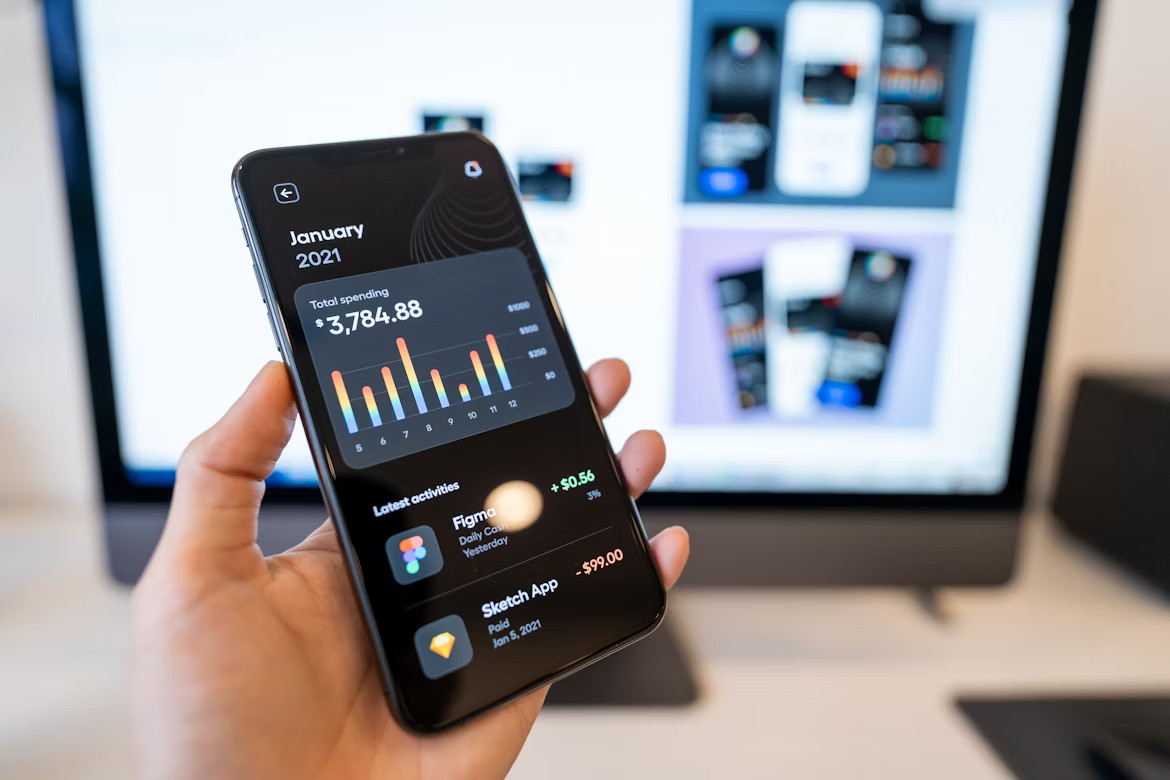
New Free Assessment Tools: Startup Readiness Check & Digital Maturity Assessment
Two New Assessment Tools to Accelerate Your Business Growth We’re excited to announce the launch of two …

As a developer who has built dozens of MVPs for startups, I repeatedly encounter the same challenge: How can you develop an app that works across all platforms with limited budget and time?
The answer lies in Progressive Web Apps (PWAs) – a technology that combines the best of both worlds: the reach of websites and the functionality of native apps.
Progressive Web Apps are web applications that behave like native apps. They can:
The best part: A single codebase for iOS, Android, and Desktop.
Instead of developing separate apps for iOS and Android (with Swift/Kotlin), you develop one PWA with Angular/React/Vue:
This means: 70-80% cost savings on initial development.
No App Store reviews that can take weeks:
You can deploy features daily and run A/B tests in real-time.
For a startup with €10,000 monthly revenue, that’s €1,500-3,000 additional profit per month.
Native apps are invisible to search engines. PWAs are fully indexable:
<!-- PWAs have complete SEO optimization -->
<meta property="og:title" content="Your App" />
<meta property="og:description" content="..." />
<meta property="og:image" content="..." />
This means: Organic traffic from Google instead of expensive App Store Optimization.
With PWAs, you avoid “update hell”:
My recommended stack for most startups:
Frontend: Angular 17+ with Angular PWA
Backend: Firebase (Auth, Firestore, Functions)
Hosting: Firebase Hosting + CDN
Angular PWA offers out-of-the-box:
Firebase offers:
Total setup time: 2-3 days to first prototype
PWAs aren’t suitable for everything. Avoid PWAs when:
❌ Intensive 3D graphics/gaming is required ❌ Bluetooth/NFC integration is critical (still limited) ❌ iOS background tasks are essential ❌ Native performance is absolutely necessary (e.g., video editing)
For 90% of all startup MVPs, these limitations are irrelevant.
Total cost: €15,000-25,000 (depending on complexity)
For comparison: Native iOS+Android app: €50,000-100,000
One of the biggest advantages of PWAs is complete SEO compatibility. Here’s what you should implement:
// Angular Universal for SSR
ng add @nguniversal/express-engine
Benefits:
{
"@context": "https://schema.org",
"@type": "SoftwareApplication",
"name": "Your PWA",
"applicationCategory": "BusinessApplication",
"offers": {
"@type": "Offer",
"price": "0",
"priceCurrency": "EUR"
}
}
Your PWA should work fundamentally even without JavaScript:
Google uses page speed as a ranking factor:
# Lighthouse Score Targets
Performance: >90
Accessibility: >90
Best Practices: >90
SEO: 100
PWA: 100
My tools for performance:
webpack-bundle-analyzer – Optimize bundle sizelighthouse-ci – Automated performance testsangular-cli budgets – Enforce bundle size limitsHere’s a realistic cost breakdown for a typical MVP:
| Feature | Native (iOS + Android) | PWA | Savings |
|---|---|---|---|
| Initial Development | €60,000 | €20,000 | €40,000 (67%) |
| App Store Fees (Year 1) | €99 + €25 = €124 | €0 | €124 |
| Maintenance (monthly) | €4,000 | €1,500 | €2,500 (63%) |
| Updates/Features | €5,000 | €2,000 | €3,000 (60%) |
| Year 1 Total | €108,124 | €38,000 | €70,124 (65%) |
With 5% revenue commission to App Stores:
With PWA, you keep this revenue.
A recent project demonstrates the strengths of PWAs:
Client: Food-Tech Startup Goal: Marketplace for local producers Budget: €22,000 Timeline: 6 weeks
What a native app would have cost: €70,000-90,000
Choose the right caching strategy:
// Cache-First for static assets
registerRoute(
({request}) => request.destination === 'image',
new CacheFirst({cacheName: 'images'})
);
// Network-First for API calls
registerRoute(
({url}) => url.pathname.startsWith('/api'),
new NetworkFirst({cacheName: 'api'})
);
Load the UI shell first, then the content:
1. Service Worker loads App Shell (< 50KB)
2. User sees UI immediately
3. Content is loaded asynchronously
For offline actions:
// Queue actions while offline
self.addEventListener('sync', (event) => {
if (event.tag === 'sync-orders') {
event.waitUntil(syncOrders());
}
});
// Firebase Security Rules example
match /users/{userId} {
allow read: if request.auth != null;
allow write: if request.auth.uid == userId;
}
Progressive Web Apps aren’t just a cheaper alternative to native apps – they’re often the better choice for MVPs:
✅ 70% lower development costs ✅ 3× faster time-to-market ✅ Keep 100% of your revenue (no App Store fees) ✅ SEO advantages and organic traffic ✅ Instant updates without App Store review ✅ Cross-platform with one codebase
For most startups, PWA is the smartest way to build and validate an MVP before investing in expensive native apps.
Want to develop a PWA for your startup? I offer:
Starter Package (€15,000-20,000)
Professional Package (€25,000-35,000)
Enterprise Package (€40,000+)
Book a 30-minute consultation to discuss:
Have questions about PWAs or MVP development? Contact me →
As an experienced Angular/Firebase developer, I’ve built 20+ PWA MVPs for startups. Let’s bring your idea to life.

Two New Assessment Tools to Accelerate Your Business Growth We’re excited to announce the launch of two …

Introduction After almost 10 years of self-employment, I can look back on an eventful journey. The path to freelancing …
Lassen Sie uns über Ihr Projekt sprechen – ob neue Plattform, KI-Integration oder beides.
Projekt besprechen